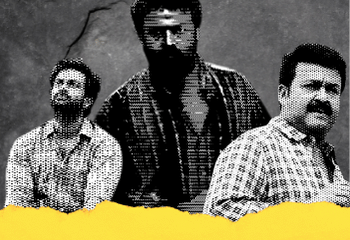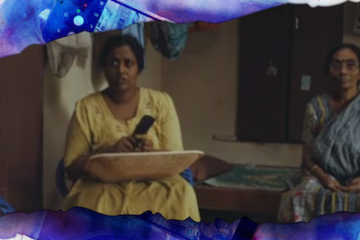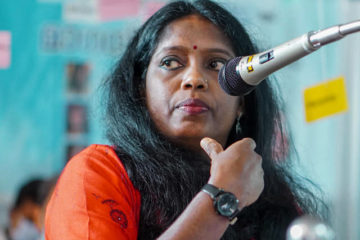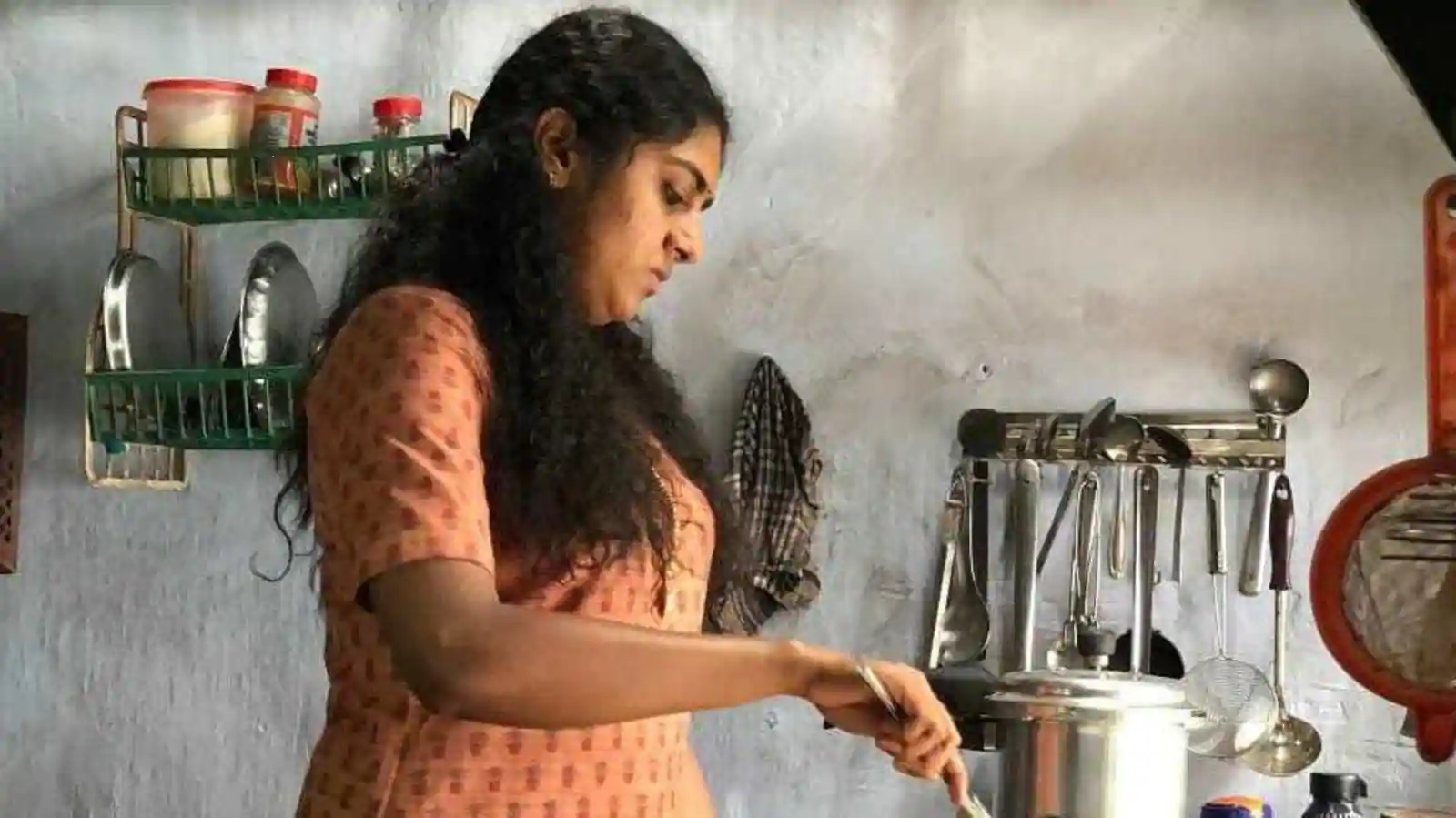The idea of a ‘mass film’ is an eminently recognisable one in south India, but just what is it? How do we make sense of the aesthetics and feelings that make fans say, ‘nalla mass padam’, and just why is it missing in some recent Malayalam films? Arjun Ramachandran writes.
Read more









